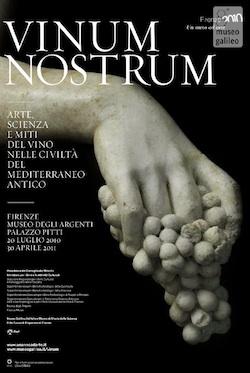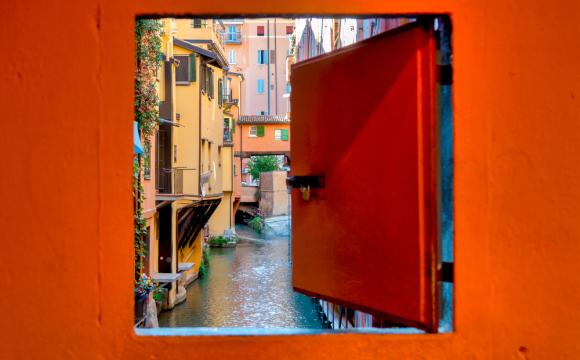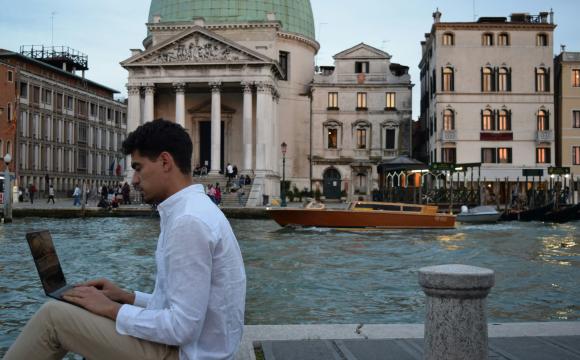If you are interested in wine the latest exhibition at the Palazzo Pitti [Museo degli Argenti – Silver Museum] is for you: in “Vinum Nostrum. Arte, scienza e miti del vino nelle civiltà” [“Vinum Nostrum. Art, Science and Myths of Wine in Civilisation”] visitors are taken on a fascinating journey through the history of wine.
The exhibition is divided into sections on Georgia and the Caucasian Region [where the grapevine was first domesticated] Ancient Egypt, the Near East, Etruria, Magna Graecia and the Italic World, the Routes of Dionysius and Pompeii.
Visitors can learn about the religious and cultural values associated with wine in the different civilisations, methods of production, the grapes used, how the grapevine spread throughout the known world and how the Romans, the first civilisation to turn winemaking into an industry, transported the product.
Many vessels which were made to hold wine are on display, the most important of these being a wine storage container from Georgia which is 8,000 years old.
It is the oldest known vessel for storing wine in the world and is on loan from the Georgian National Museum in Tbilisi.
Other original artefacts, sculptures, frescoes, paintings and mosaics, all of which contribute to the story of wine down the ages, are also on display. Artefacts from Pompeii have been particularly important in helping experts chart the history of wine production and consumption.
The show also features multi-media, interactive exhibits and there is an excellent website.
“Vinum Nostrum. Arte, scienza e miti del vino nelle civiltà” is at the Palazzo Pitti [Museo degli Argenti] until 15th May 2011.
Entrance fee: €10.00. Ticket includes entry to the Museo degli Argenti [Silver Museum] The Costume Gallery at the Palazzo Pitti and the Boboli and Bardini Gardens.
Opening times:
Until 30th October: 08.15 – 18.30
31st October: 08.15 – 17.30
2nd November - 28th February: 08.15 – 16.30
1st - 26th March: 08.15 – 17.30
29h March - 30th April: 09.15 – 18.30
Closed: First and last Monday of each month, 25th December, 1st January.









